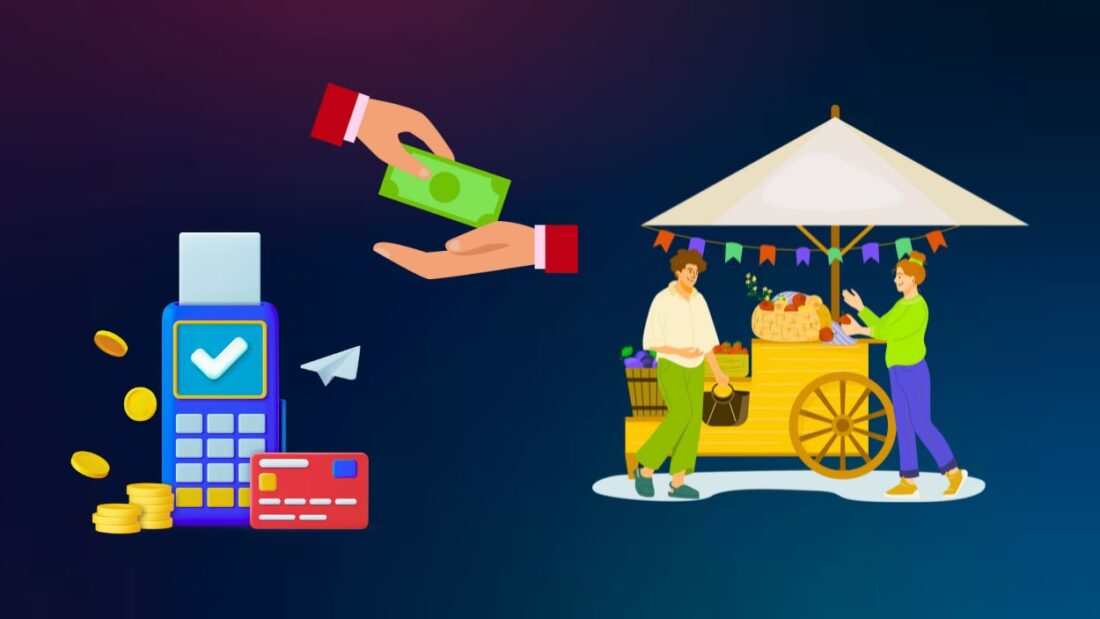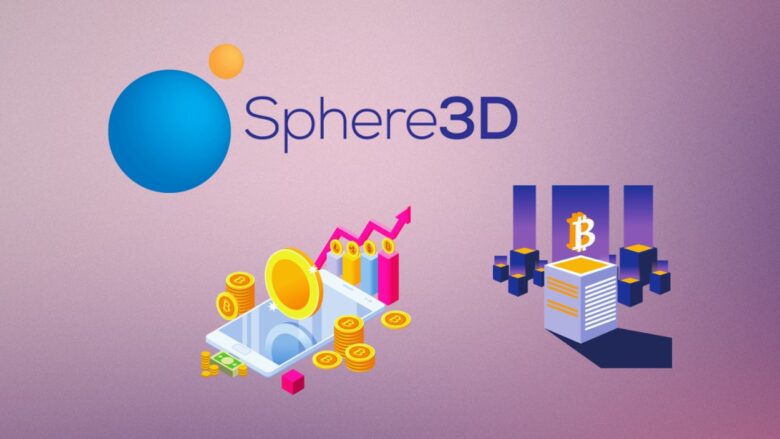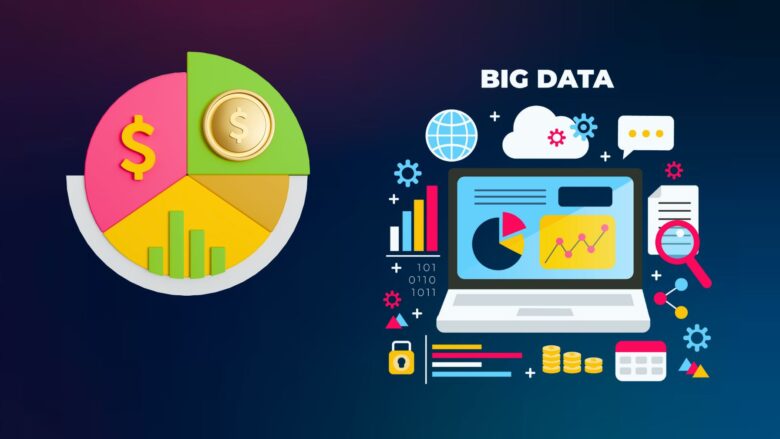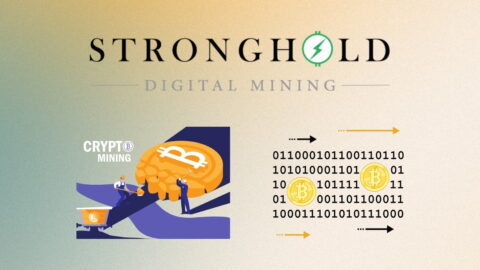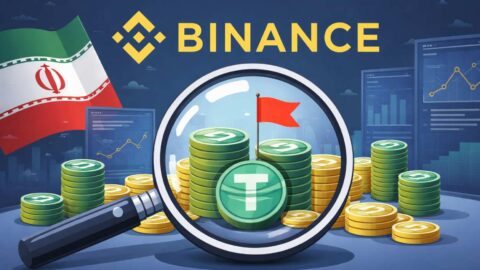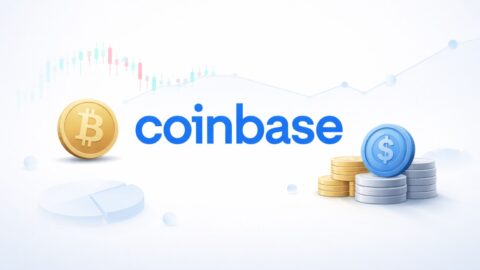In recent years, the merchant services industry has seen a tremendous evolution, shifting from traditional cash-based transactions to a digital-first ecosystem. Today, businesses and consumers alike are part of a payment landscape that prioritizes speed, security, and convenience. The pace of growth shows no sign of slowing, with innovative technologies like contactless payments, digital wallets, and cryptocurrencies becoming everyday staples. This article delves into key statistics and trends shaping merchant services, offering a comprehensive view of an industry at the forefront of global commerce.
Editor’s Choice:
- The worldwide merchant services market is valued at $66.7 billion in 2025.
- Global contactless payment usage now exceeds 80% of consumers in 2025.
- In the United States, digital wallets account for 39% of online transactions.
- Merchant cryptocurrency acceptance has grown by over 40% in the past year.
- The POS terminal market reached $107.16 billion in 2025, reflecting steady annual growth.
- E-commerce revenue is at $4.32 trillion in 2025, making up 21.9% of global retail sales.
- AI-driven fraud prevention systems achieved 95% accuracy, reducing fraud losses by 30%.
Merchant Banking Services Market Growth
- The global merchant banking services market is valued at $54.43 billion in 2024.
- The market is projected to reach $119.67 billion by 2029, reflecting strong expansion.
- By 2034, the industry is expected to grow further to $255.19 billion.
- The market is forecast to grow at a CAGR of 16.35% between 2024 and 2029, highlighting significant long-term growth potential.

Payment Processing Market in the USA
- The United States leads merchant services with $56 billion in annual revenue in 2025 and over 50% share of North America’s total market.
- Credit and debit cards made up over 70% of traditional payments in the U.S. in 2025.
- Digital wallets now account for 34% of online transactions and 20% of in-store payments in the U.S. as of 2025.
- Digital wallet usage in the U.S. is at 57% of adults and seen in 37% of e-commerce transactions in 2025.
- Real-time payment adoption continues growing, with FedNow now live at over 1,000 institutions in 2025.
- Tokenized transactions are on the rise globally, expected to exceed 1 trillion by 2026.
Total E-Commerce Transactions by Payment Method
- Digital wallets dominate with 50% of total e-commerce transactions.
- Credit cards account for 22%, remaining the second most popular choice.
- Debit cards represent 12% of transactions.
- Account-to-Account (A2A) transfers make up 7% of payments.
- Buy Now, Pay Later (BNPL) contributes 5.1% of total transactions.
- Other payment methods hold a smaller share at 3.9%.

Number of Merchants and Business Landscape
- The total number of active merchants in the U.S. is approximately 33.2 million in 2025.
- Small and medium-sized enterprises represent about 75% of merchants in 2025.
- E-commerce merchants make up around 10% of all U.S. businesses, totaling 2.7 to 3.5 million in 2025.
- More than 2.67 million live Shopify stores operate in the U.S. in 2025.
- Omnichannel merchants using integrated in-store and online payment platforms are at 62% in 2025.
- In the food and beverage sector, about 29% of transactions are processed via mobile or contactless methods.
- Healthcare providers see around 19% of their transactions via mobile payment methods.
- The retail sector remains dominant, accounting for 52% of all transaction volume in 2025.
Payment Processing Trends: Identity Theft Cases
- Credit card fraud leads with 271,823 cases, making it the most common type of identity theft.
- Other identity theft follows closely at 215,682 cases, showing the growing diversity of fraud methods.
- Loan or lease fraud accounts for 104,699 cases, highlighting risks in financing processes.
- Phone or utilities fraud recorded 83,535 cases, reflecting vulnerabilities in service-based billing.
- Bank fraud affected 58,723 cases, posing serious challenges for financial institutions.
- Employment or tax-related fraud reached 45,564 cases, often tied to stolen personal information.
- Government documents or benefits fraud is the least reported, with 23,052 cases, but it still poses significant risks in public sector processing.
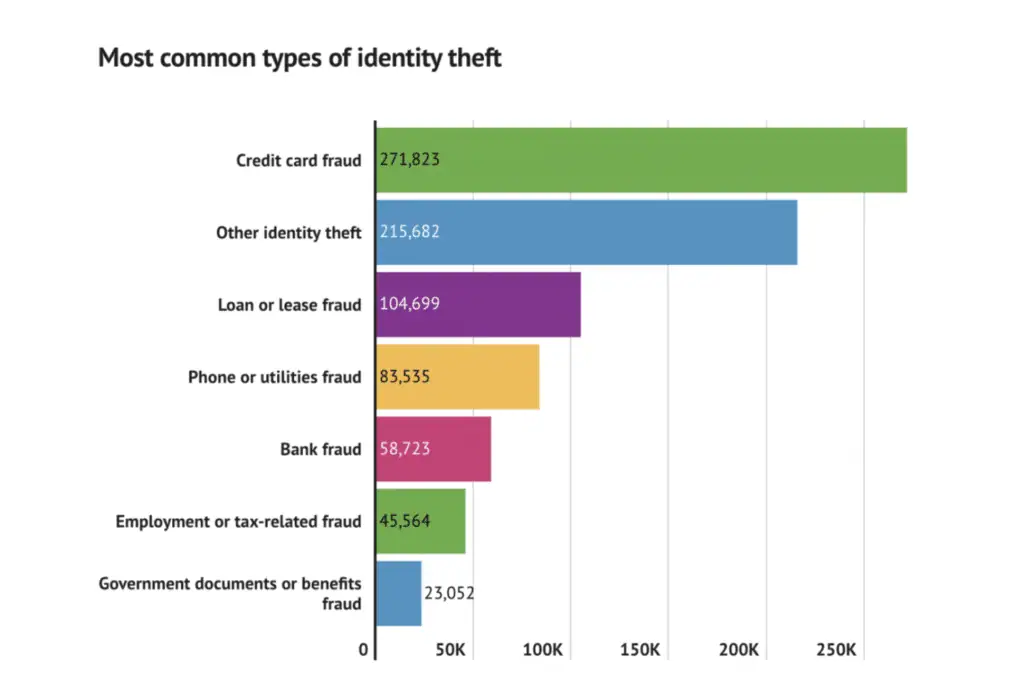
Payment Method Insights
- Credit cards remain dominant globally, accounting for over 70% of traditional payments and projected to surpass $3.8 trillion in spending by 2025.
- Mobile wallets are widely used, with 90% of transactions in North America funded by credit cards.
- Buy Now, Pay Later usage continues to rise, with 91.5 million American consumers using BNPL in 2025.
- BNPL represents around 6% of e-commerce transactions in the U.S. and Canada in 2025.
- Cryptocurrency payments are gaining traction, driven by blockchain use in B2B and commercial transactions in 2025.
- Bank transfers remain strong, with systems like UPI in India processing over $1.66 trillion in transactions in 2025.
- Contactless card usage is surging, with over 80% of consumer credit cards expected to support it by 2026.
- Cross-border e-commerce continues expanding, with more merchants supporting international payment options in 2025.
Technological Innovations and Payment Technology Trends
- AI is now used by approximately 90 % of financial institutions for fraud detection and transaction security in 2025.
- Blockchain integration among payment providers has grown to 45 % adoption in the U.S. as of 2025.
- Biometric payment methods like facial recognition are projected to account for 68 % of transactions globally by 2025.
- Cloud-based payment solutions are now used by over 80 % of merchants to support flexible, scalable processing.
- Voice-activated payments remain niche, with roughly 10 % of U.S. consumers using voice assistants for purchases in 2025.
- Tokenization is the norm, now employed by over 90 % of digital payment platforms to enhance security.
- NFC and contactless merchant adoption has increased by around 25 % year-over-year, driven by persistent consumer demand.

Security Advancements and Fraud Prevention
- AI-powered fraud detection systems deployed by most major institutions now reduce fraudulent transactions by approximately 40% in 2025.
- Tokenization is now adopted by about 90% of payment processors, securing consumer data during transactions.
- The use of multi-factor authentication has grown significantly, with around 75% of merchants now requiring additional verification for high-risk transactions.
- End-to-end encryption is employed in over 95% of digital transactions, protecting sensitive information across the payment chain.
- Adoption of 3D Secure 2.0 has surged, with an estimated 70% of online merchants now offering this enhanced authentication.
- Real-time fraud monitoring solutions are used by nearly 80% of large merchants, enabling immediate threat detection.
- PCI DSS compliance rates among merchants have improved to about 90%, ensuring adherence to industry data protection standards.
Payment Processor Usage Duration
- 30% of businesses have been using their payment processor for 5+ years, showing strong loyalty and long-term trust.
- 20% have relied on their provider for 1–2 years, reflecting steady adoption.
- 15% each reported usage of 2–3 years and 3–4 years, indicating moderate stability.
- 10% have only used their payment processor for 3–6 months, suggesting newer adoption.
- Just 5% reported usage between 6–12 months, highlighting lower short-term transitions.

Digital Currency and Payments
- Around 46% of merchants accept cryptocurrency payments in 2025.
- The global digital payment market size is estimated at $137 billion in 2025.
- About 134 countries are exploring or developing CBDCs, with 11 fully launched as of 2025.
- Stablecoin circulation reached $5.7 trillion in 2024, with a 66% increase in early 2025.
- DeFi payments account for 12% of total DeFi application use in 2025.
- The global cross-border payment market is valued at about $1 quadrillion in 2024, expanding further in 2025.
- Over 5 billion people use digital wallets worldwide in 2025, covering 60% of global e-commerce transactions.
Regional Insights
- In North America, approximately 43% of consumers used digital wallets in-store in 202,4 as adoption continues to grow in 2025.
- In Europe, digital wallets, mobile payments, and real-time bank transfers dominate the 2025 payment landscape.
- Asia-Pacific remains the fastest-growing digital payments market with 70% of e-commerce transactions using wallets in 2023 and rising further in 2025.
- Latin America’s digital payments revenue is rising rapidly with a projected 8% CAGR through 2027.
- In Africa, mobile money platforms lead digital usage, with countries like Kenya and Nigeria seeing well over half of transactions via mobile.
- In the Middle East, growth in digital wallets continues, supported by expanding mobile infrastructure in urban centers.
- Globally, over 40% of merchants now support multiple currencies and payment options to serve cross-border e-commerce needs.
Recent Developments
- Real-time payment adoption in the U.S. continues growing, with 58% of financial institutions now using both RTP and FedNow rails in 2025.
- The BNPL market is expanding rapidly, with 91.5 million American consumers using Buy Now, Pay Later in 2025.
- Blockchain usage among merchant service providers holds steady with adoption at around 15% in 2025.
- AI enhancements in fraud detection deliver about a 20% improvement in accuracy during 2025.
- The FedNow Service is live with over 1,000 financial institutions now using the platform in 2025.
- Voice commerce is growing, with 8% of U.S. consumers using smart speakers to make purchases in 2025.
- Biometric payments are rising with 28% year-over-year growth in 2025 as fingerprint and facial recognition expand at POS terminals.
Conclusion
The merchant services industry is undergoing a transformative shift as digital payments, emerging technologies, and customer demands reshape the landscape. The continued growth in contactless payments, digital currencies, and AI-driven security measures signals an industry that is both dynamic and resilient. Businesses that embrace these innovations are positioned to thrive in a fast-evolving market, while customers benefit from faster, safer, and more convenient ways to transact. Looking ahead, the industry’s focus on enhancing payment technology and expanding digital access suggests an exciting future for merchants and consumers alike.


